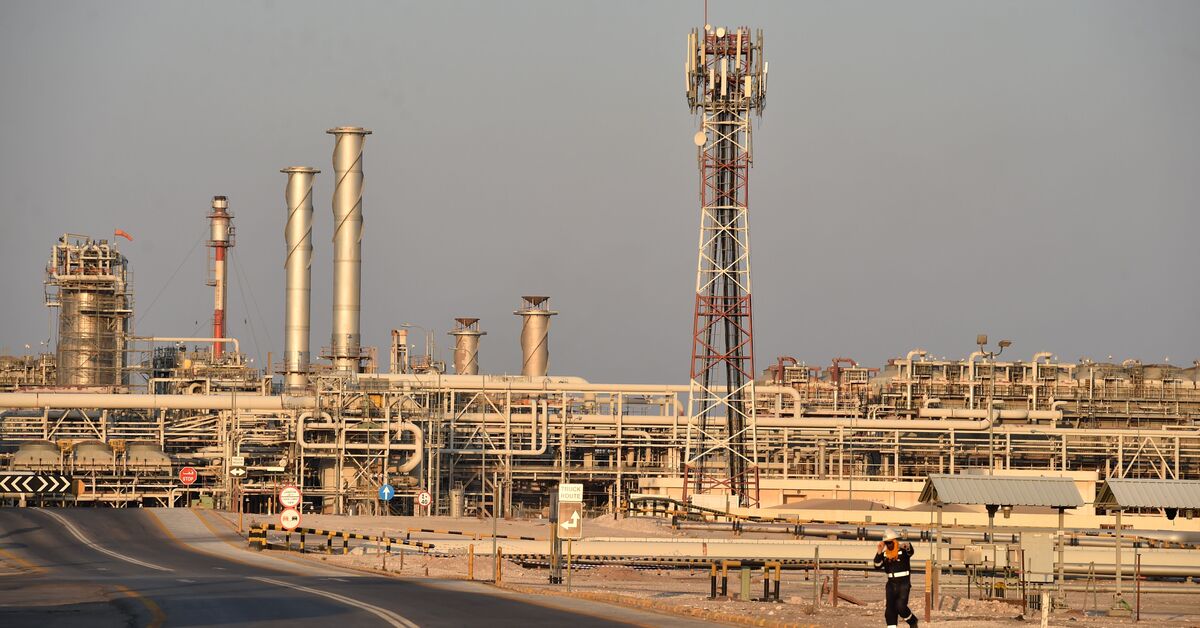
Aryan Signh, Grade 11

Want to tackle climate change? Start with the global financial system.
It’s been two years since thousands of young people, including many of our own students here at Burnaby North, took to the streets in protest, urging governments to start treating climate change like the existential threat that it is. The recent climate conference in Glasgow opened with similar remarks, before ending in a wave of unfulfilled promises, unrealistic goals, and general disappointment. With important battlegrounds like fossil fuel subsidies and climate finance caught in deadlocks, the climate movement’s success is uncertain, more so than during any other period in recent history. The message then is clear: for the world’s most important governments, climate concerns are second to their own economic interests.
The question is then: why are the economic concerns of countries like the United States, which only recently reentered the Paris Agreement¹, and Russia, whose leader refused to attend the summit², so dismissive of climate issues? Or rather, why are they so pro-oil? This is especially true for the United States, which not only subsidizes oil production at home(at costs totalling about 20.5 billion USD annually)³, but spends billions of dollars investing in emerging oil and LNG sectors and providing protection to Saudi oil fields⁴. Though support for the oil industry is today seen almost as a surety, this was hardly the reality up to the 60s and 70s. So what changed? Most would cite the sweeping nationalization of petroleum reserves by oil-rich nations, which led to the establishment of OPEC, and most importantly, the petrodollar system. Incongruously with their position at the center of geopolitical affairs, petrodollars are a concept which most know little about. However, the basic idea is simple: all the nationally owned oil extractors that makeup OPEC agree to price their oil exclusively in US dollars, in exchange for military aid and other perks. This means that in order to purchase foreign oil, all countries must, for the most part, maintain the greenback as their reserve currency, which is what maintains the United States’ position as a global economic superpower. The introduction of petrodollar contracts in the 70s also had the added effect of stablizing the dollar’s exchange rate, and since the abolition of the gold standard in 1971, is the only thing maintaining the value of the greenback.
Most within Washington consider the petrodollar necessary for retaining global confidence in the US dollar, and as such, the US economy as a whole. However, this necessity is one that is primarily fuelled by the government’s propensity to continue taking on more debt, with the stability of petrodollar recycling the only thing floating the US economy and preventing fears of a default. Additionally, the American market’s reliance on financial liquidity rather than real economic growth has led to a disproportionate amount of money concentrated in the financial sector and has been identified by various economists as a cause for rising income inequality⁵. This is to say nothing of the various debasements of human rights that maintain the system, such as global support for despotic Gulf states, the ongoing sanctions on Iran and Venezuela(the only OPEC countries yet to adopt the petrodollar system)⁶ ⁷, and military campaigns against countries that price their oil in other currencies, such as the invasion of Iraq in 2003 and Libya in 2011, which combined have claimed over a million lives⁸ ⁹ ¹⁰.
However, the most overlooked impact of the petrodollar system, and the most acute for young people, is without a doubt its impact on climate change. Countries that benefit from the agreement, such as the United States, Saudi Arabia, refuse to adopt renewable energy and cut emissions because it will decrease demand for oil. And under the current system, when demand for oil plummets, so does the value of the US dollar. Keep in mind that since the US dollar is a fiat currency, oil, and crucially the demand for oil, is the only thing that gives it a fixed, non-speculative value. Without oil, the strong US dollar and all the benefits that come with it are no longer. More countries moving towards renewable energy also means fewer countries dependent on oil imports, and therefore a far lower incentive for countries to maintain dollar reserves. Chris Iggo of Reuters¹¹ notes that “the whole petrodollar thing” would be “a thing of the past” if renewable sectors grow. Aside from harming the United States and its economic interests, this also directly jeopardizes the OPEC countries whose economies are fuelled by petrodollar inflows, which explains why so many of these countries, as well as OPEC-adjacent states like Russia, are so hostile to the adoption of emission targets that threaten the precious oil trade.
Global oil and gas interests are without a doubt the biggest and most powerful bulwark against solving the climate crisis. However, it doesn’t have to be this way. The high demand for fossil fuels across the world is not born out of necessity but is instead an artificial construct maintained to support an already failing system. With more and more OPEC countries turning towards Chinese markets, and consequently an increased use of sanctions and military action to enforce the US dollar hegemony, it is about time we, as a community striving for sustainability, collectively begin to question whether or not an oil-backed currency is something worth preserving in the first place.